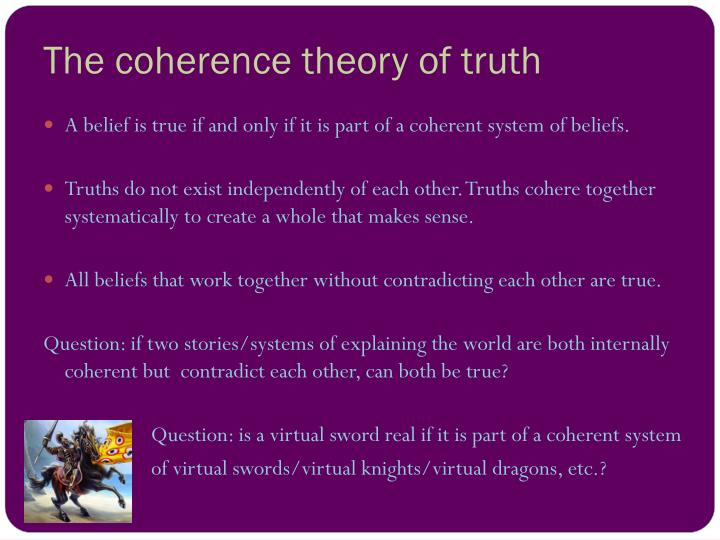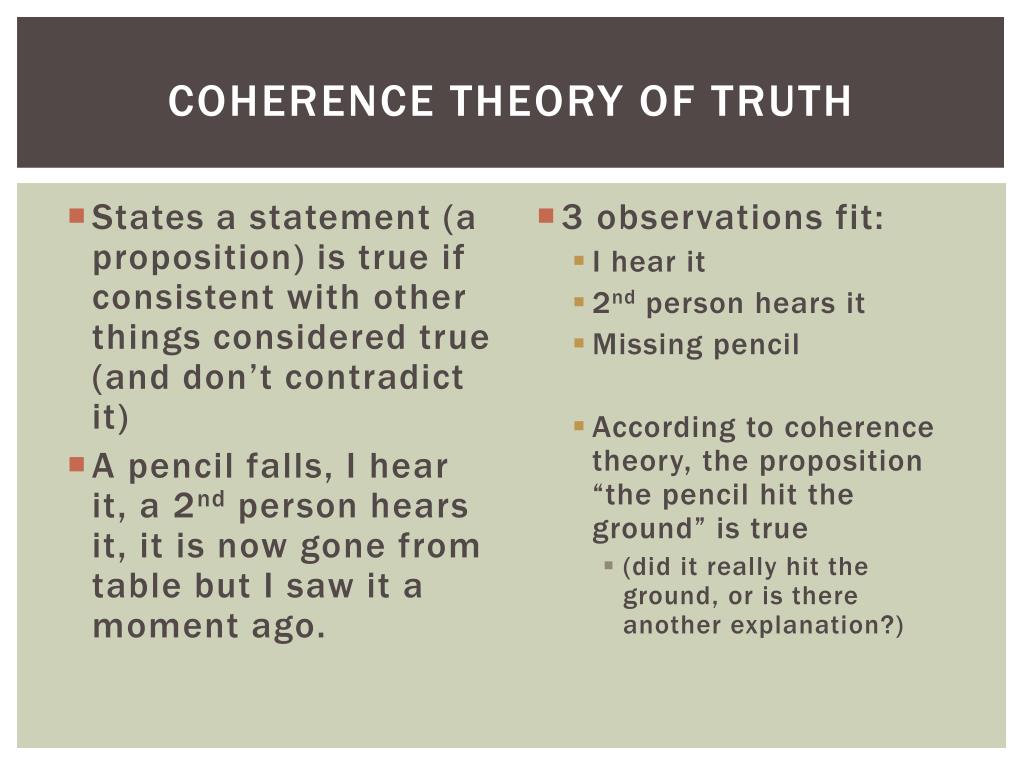



Originally called Depth Oriented Brief Therapy (DOBT), the name was changed to Coherence Therapy in 2005 to reflect more clearly the guiding principle of the approach, which is the complete coherence of the unconscious knowings, meanings and feelings that underlie and maintain the great majority of symptoms and problems presented by therapy clients. Therapy made up of nothing but methods tailored to engage these powerful, native processes. The aim was to identify the built-in rules of profound change and form a psycho.

By micro-examining hundreds of deep change events of their clients, they identified the internal and external processes that had taken place. Sessions than conventional in-depth psychotherapies.Ĭoherence Therapy was developed for the last 30 years by psychotherapists Bruce Ecker and Laurel Hulley. The focused methodology requires far fewer The process is experiential and the therapist's empathic attunement isĪ crucial ingredient. Coherence Therapy makes use of native capacities for swiftly retrieving and then transforming the client's unconscious, symptom-requiring emotional schemas, which were learned adaptively earlier in life.Ī wide range of symptoms can be dispelled (see box) along with their associated, less visible emotional wounds, attachment patterns, and troubled ego states or "parts". These potent experiences permanently resolve some troubled area in the individual’s emotional world, putting an end to chronic symptoms such as anxiety, depression or unwanted behaviors.ĭo such life-changing, transformational shifts have to be unpredictable rarities? Must it take many months or years of therapy sessions before such change comes about? Might it be possible for therapists to have a roadmap for arriving at that kind of effectiveness far more regularly, even daily, in their practices?Ĭoherence Therapy is a unified set of methods and concepts for individual, couple and family work that enable a therapist to foster profound change with a high level of consistency.įrom the first session, the work is focused on guiding clients to bring awareness to ignored core areas of meaning, feeling, and emotional learning that are generating the presenting symptom or problem. As most therapists know firsthand, at times psychotherapy goes beyond incremental change or the managing of clinical symptoms and produces a deeply felt, profound shift.


 0 kommentar(er)
0 kommentar(er)
